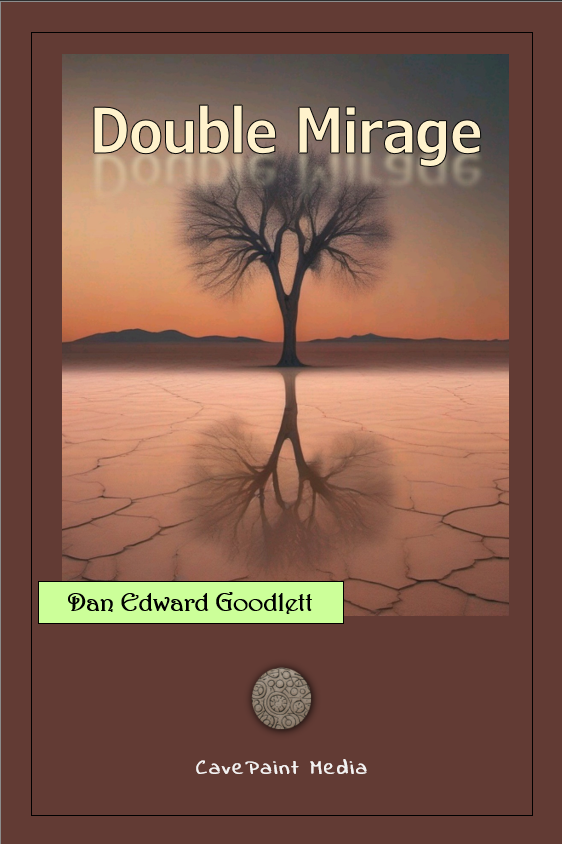
Learn from the best
get to know a poet
This Secion will be Updated Regularly
Born 1908 - Died 1963
Theodore Roethke was a renowned American poet known for his introspective and deeply emotional verse. Born in 1908, Roethke’s work often explored themes of nature, the human psyche, and the complexities of existence. His poems displayed a remarkable ability to capture both the beauty and darkness of the world, revealing a profound understanding of the human condition. With his evocative imagery and rhythmic style, Roethke left an indelible mark on American literature, earning him widespread acclaim and numerous prestigious awards. His poetry continues to resonate with readers, offering insights into the depths of the human experience.
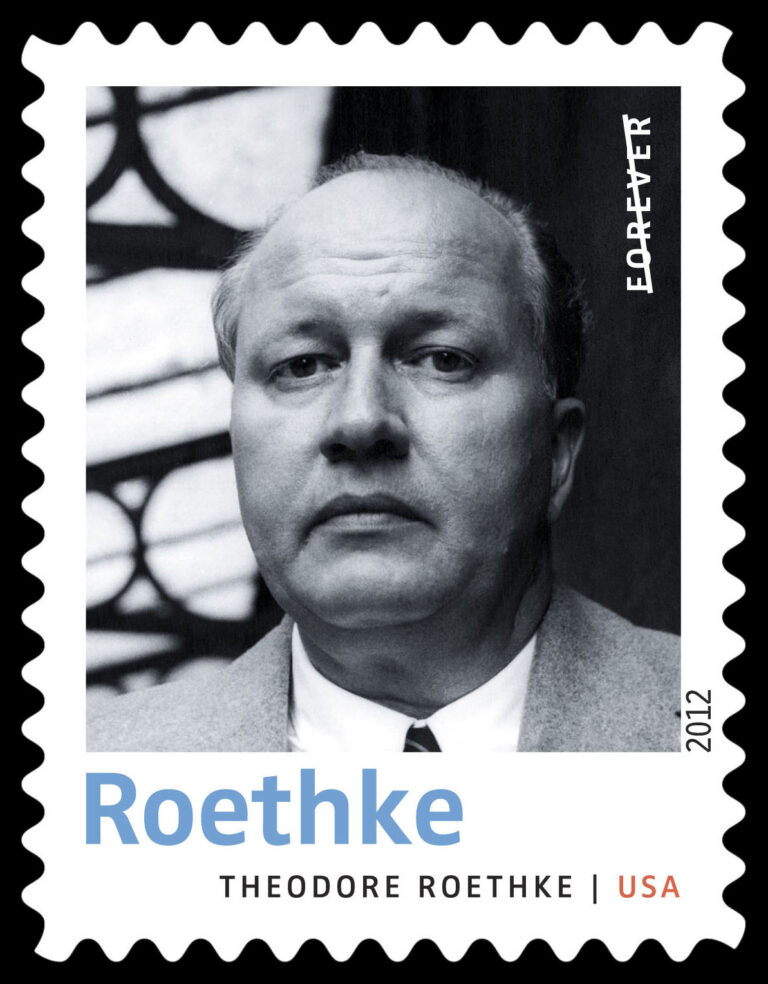

The Far Field
The road changing from glazed tarface to a rubble of stone, Ending at last in a hopeless sand-rut, Where the car stalls, Churning in a snowdrift Until the headlights darken.
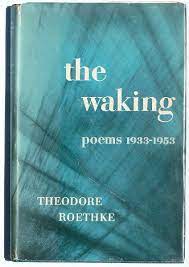
The Waking
We think by feeling. What is there to know? I hear my being dance from ear to ear. I wake to sleep, and take my waking slow.
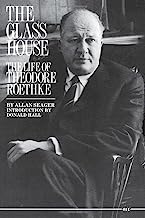
The Glass House
This exquisitely written biography of major American poet Theodore Roethke by his close friend and fellow writer Allan Seager was greeted with great enthusiasm in the literary community when it originally appeared in 1968.
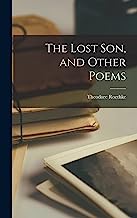
The Lost Son
A lively understandable spirit Once entertained you. It will come again. Be still. Wait.
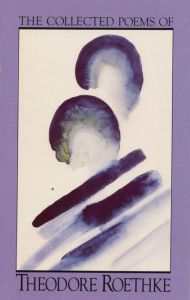
Selected Poems
This edition contains the complete text of Roethke’s seven published volumes and sixteen uncollected poems.
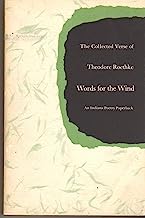
Word for the Wind
I am no longer young But the winds and waters are; What falls away will fall; All things bring me to love.
Playlist
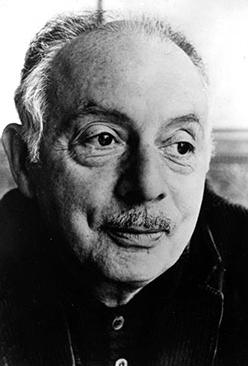


Cave Moon Press
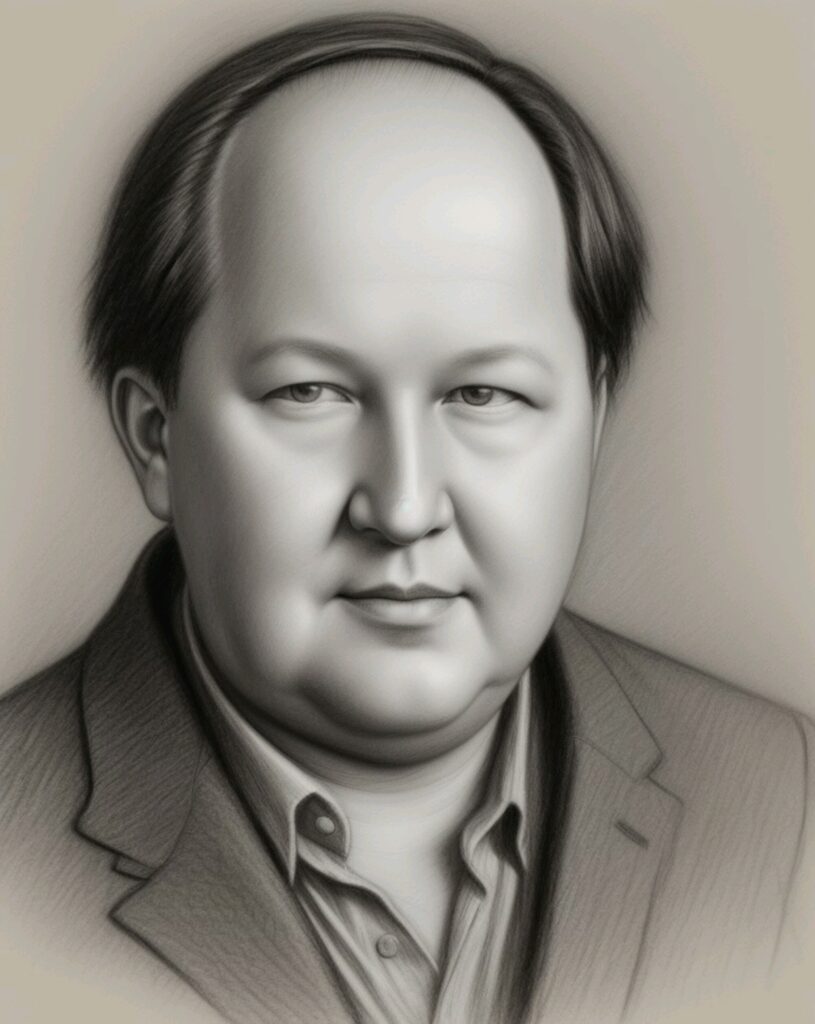
Theodore Roethke
"The Lost Son"
As the case with many artists and writers, Theodore Roethke suffered throughout his life. He suffered many traumatic events, including the suicide of his brother, Charles when he was 14, and the loss of his father to cancer shortly after.
"The Lost Son", published in 1948, employs vivid and often haunting imagery to depict the struggles, emotions, and experiences associated with familial relationships and personal growth.
Most likely the real lost son was Roethke himself, having to sturggle with the lost of his family and his personal battles with "manic depression" (bipolar disorder).
For me, Roethke was more than just some poet I studied in college. In fact, it was after college when I really started to appreciate him. I don’t remember precisely when, but I think I found a recording of him reading his work at the public library. I made a copy to tape. I think I might still have it. What bonded him with me forever was his poem, “The Lost Son” which I listened to after the death of my son in utero during late pregnancy. I used the section, “It Was Beginning Winter” in a makeshift sympathy card for my wife, who struggled for months after with depression and delusions.
It was beginning winter,
An in-between time,
The landscape still partly brown:
The bones of weeds kept swinging in the wind,
Above the blue snow.
It was beginning winter,
The light moved slowly over the frozen field,
Over the dry seed-crowns,
The beautiful surviving bones
Swinging in the wind.
Light traveled over the wide field;
Stayed.
The weeds stopped swinging.
The mind moved, not alone,
Through the clear air, in the silence.
Was it light?
Was it light within?
Was it light within light?
Stillness becoming alive,
Yet still?
A lively understandable spirit
Once entertained you.
It will come again.
Be still.
Wait.




